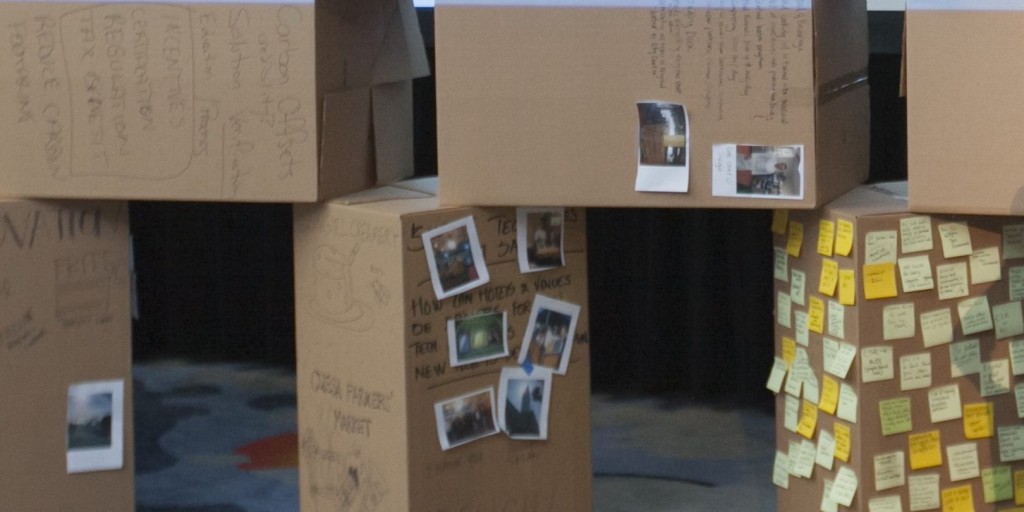Taking an Honest Look at ‘Going Paperless’
James Watson | Posted on |

While “going paperless” is a great first step towards planning a green event, it’s only just that – a first step.
A recent blog post published by Adrian Segar (@ASegar) hit the nail on the head with this issue. After seeing his colleagues become the target of criticism for supposedly wasting paper at events and being a target of that criticism himself, he wanted to set the record straight and defend the use of paper.
His post addressed the issue of eliminating the use of paper at events as a strategy for sustainability and the variety of (sometimes misguided or misinformed) opinions that surround it. His argument was that while the use of paper is certainly impactful, it’s dwarfed by the impacts of other critical event elements like food and beverage or travel to and from a venue. He provided the following explanation:

Let’s take a quick look at the sustainability impact of using these materials at an event, by using the greenhouse gas carbon dioxide equivalent (CO2e) approach. I’ve rounded off the figures, which I obtained from carbon footprint calculators available on the internet; smaller amounts are better.
– Making and printing a single sheet of office paper: 10 grams CO2e
– An average meal: 3,000 grams CO2e
– Driving a Toyota Prius 300 miles to a conference: 70,000 grams CO2e
– Flying from Boston to San Francisco: 750,000 grams CO2e
As you can see from these figures, the CO2e contributed by the modest use of sheets of flip chart paper and sticky notes at an event is insignificant compared to the carbon footprint of the meals and travel of a typical attendee.
There’s no denying Adrian’s evidence. While going paperless is a great first step towards planning a green event, it’s only just that. It’s a first step towards making more responsible food and beverage purchases, towards choosing a venue close to public transit, towards arranging for a shuttle service to and from your attendees’ accommodations, and towards considering factors beyond CO2e, like solid waste, water, etc.
Learn more about green events
For an introductory piece on green events, check out the following post: What is event sustainability? And for a little more substance, simply browse the rest of The Dojo blog to see if anything piques your interest.

Leave a Reply